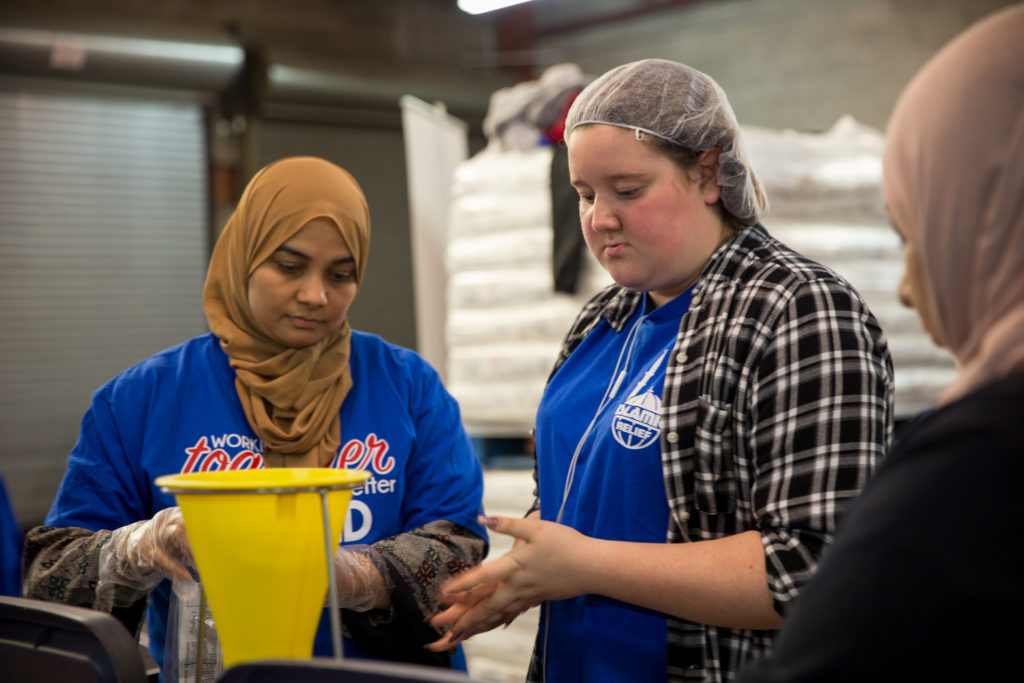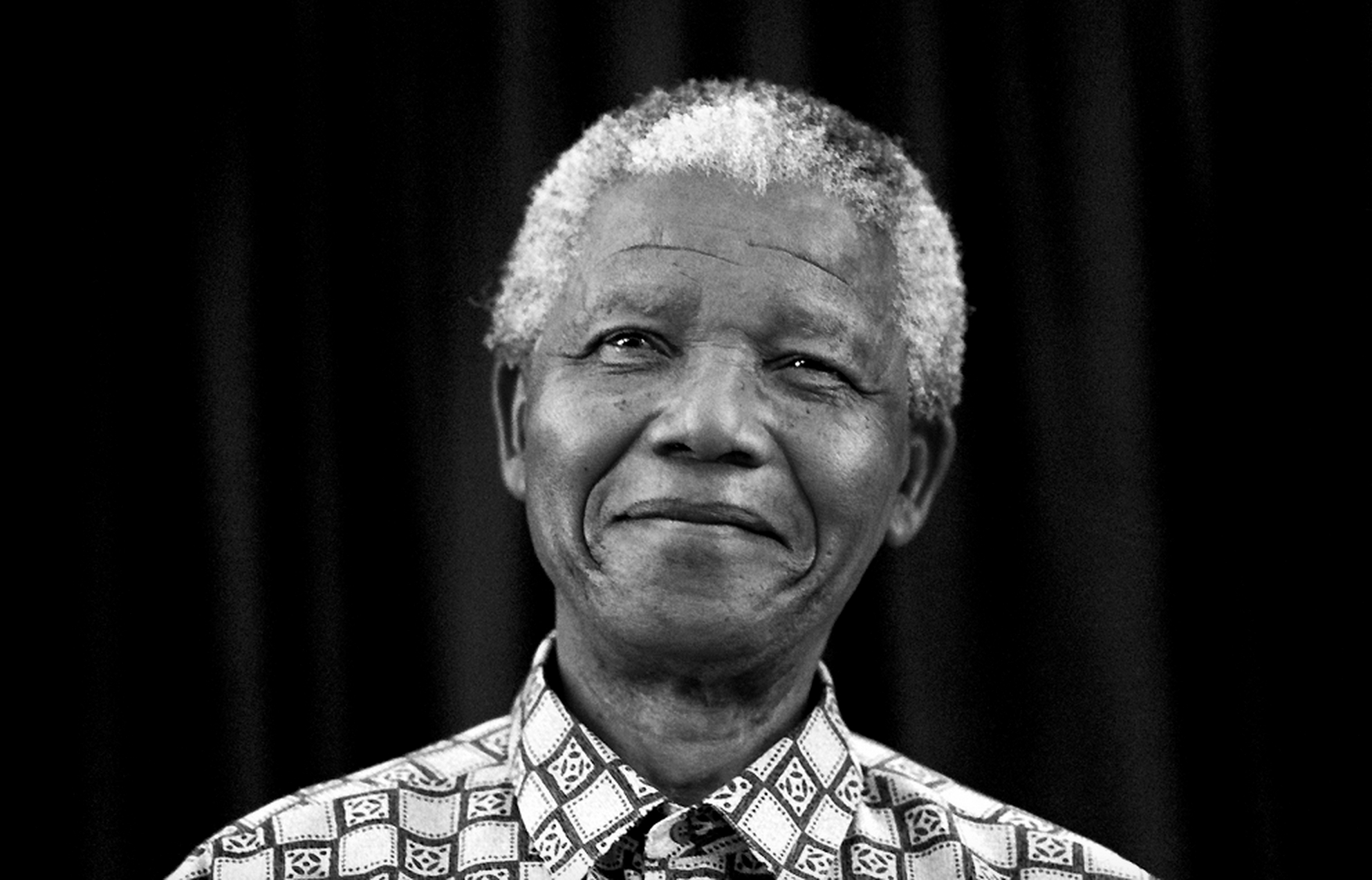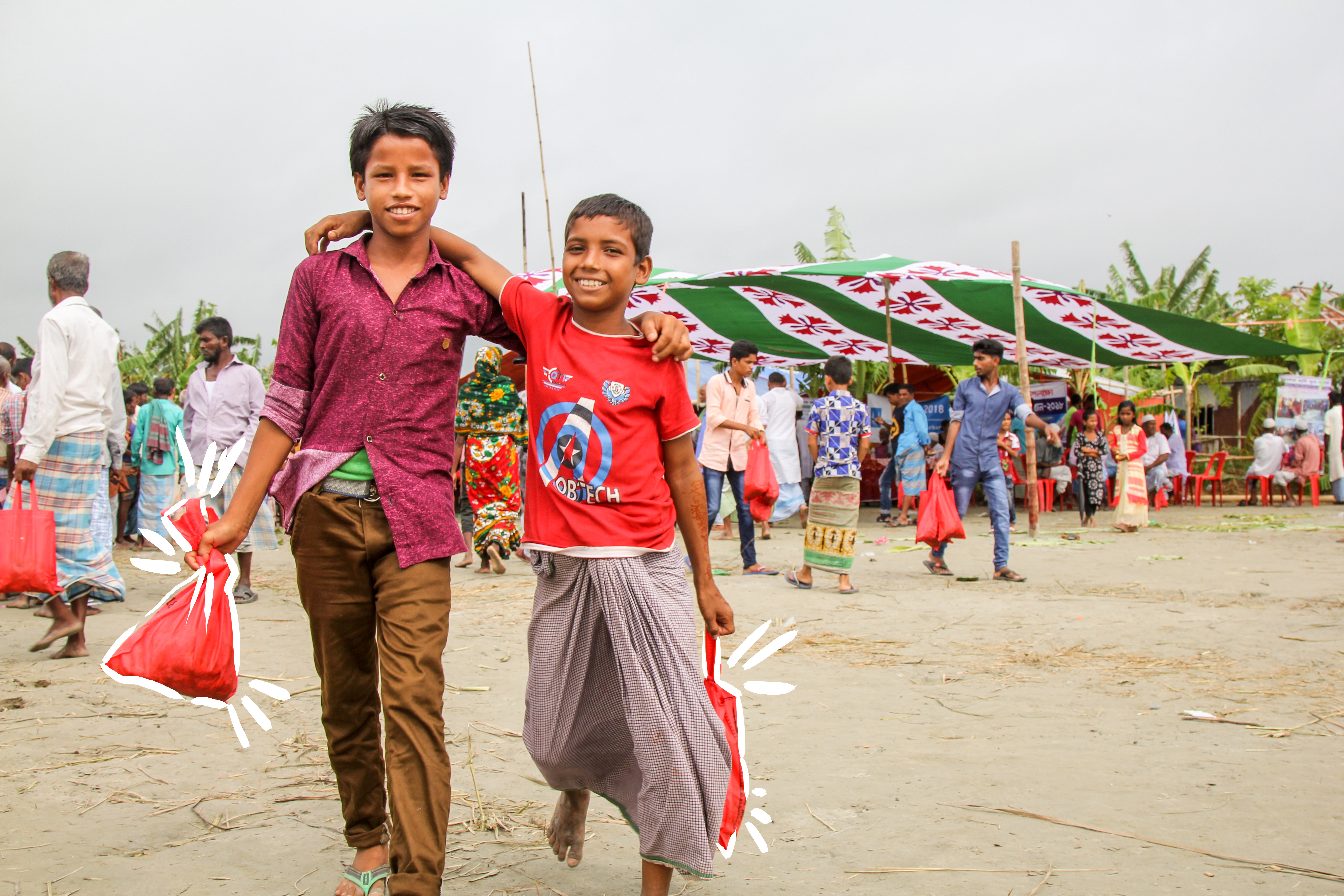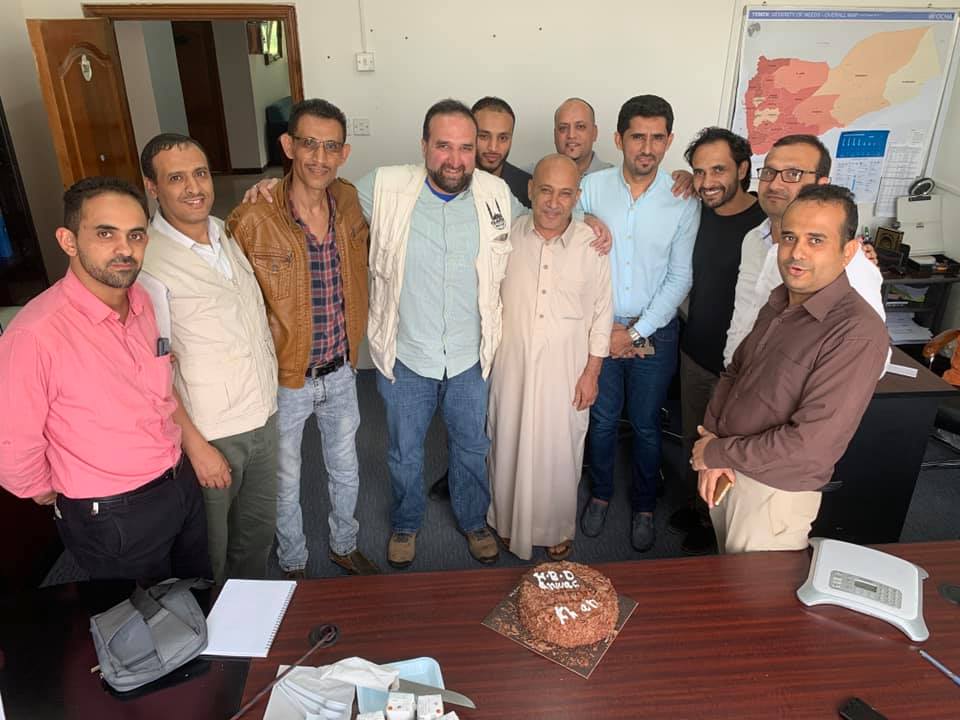This Ramadan, Food Boxes Matter
Why hunger won’t just go away
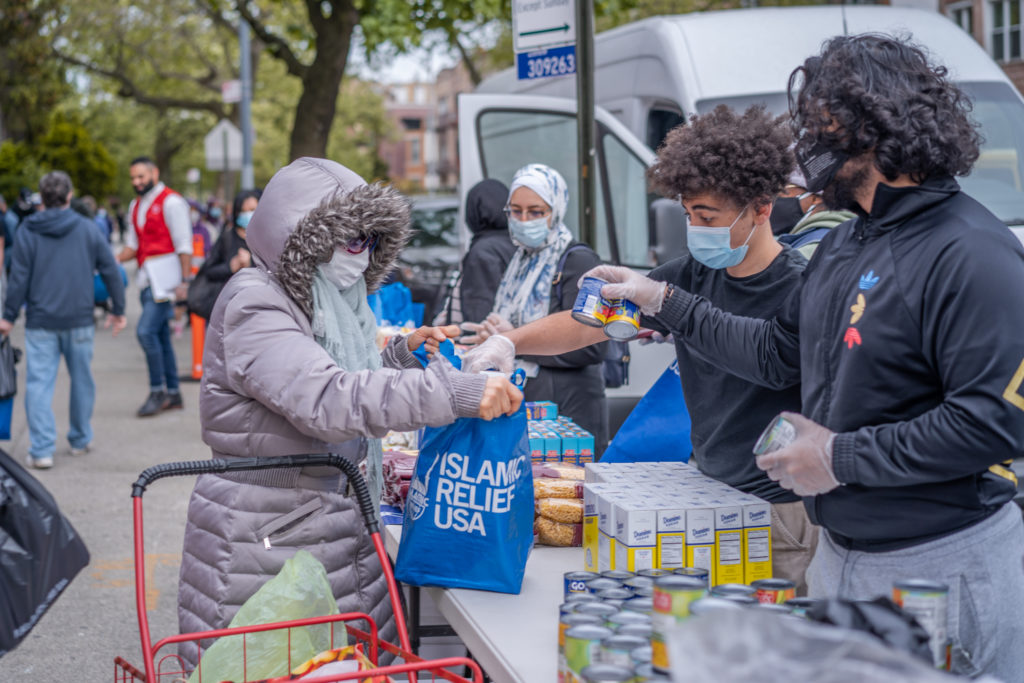
It’s here
With Ramadan quickly approaching, Muslims around the world will fast from sunrise to sunset each day for 30 consecutive days. It is an arduous task, especially as the days have become longer and the weather gets hotter.
It is a month where we further develop our spiritual enlightenment, exhibit greater empathy for our most vulnerable populations, and make sacrifices. Ramadan can serve as a monthlong reminder about how much we have…and how, unintentionally, we take food and water for granted.
That is why it’s important to keep the populations in mind for whom food is either insufficient, difficult to access, or have access to food but what is available isn’t necessarily nutritious.
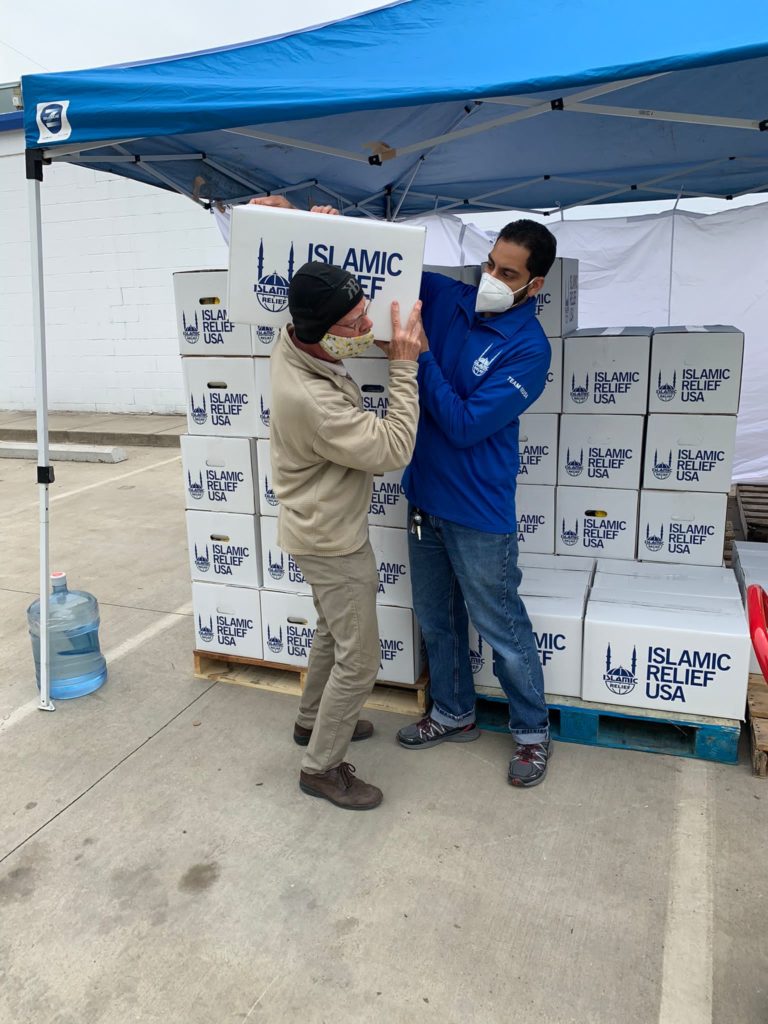
Priorities
Strengthening food security is a perennial goal of Islamic Relief USA Islamic Relief does this through advocacy, food distributions, and resources provided by our dedicated supporters.
Food boxes are among those popular and practical solutions. This Ramadan, in the United States, the organization will work in 53 cities in 20 states–either directly or through community-based organizations — to provide 50-pound boxes that can feed up to five people for a two-week period. Common items include rice, cooking oil, pasta, flour, and, of course, dates
Meal packing for the people
Meal packs involving culturally sensitive foods are another popular method, involving our revered “Blueshirts,” the sobriquet for IRUSA’s dedicated group of volunteers. Nearly 20 meal-pack events will take place around the U.S.. By month’s end, some 450,000 meals will be packed.
And, for the second consecutive year, we’re teaming up with the New York City Comptroller’s Office to hold “Iftar on the Go” in nine locations in the city’s five boroughs. Collectively, this program will feed some 14,600 people.
While these campaigns will undoubtedly be huge accomplishments, the need for food aid will remain enormous. Last summer, the World Food Program (WFP), of which IRUSA has been a major contributor, warned that some 41 million people in 43 countries are at imminent risk of famine. The causes for hunger and food insecurity are many: Inflation, conflict, climate change, the Covid-19 pandemic, etc.
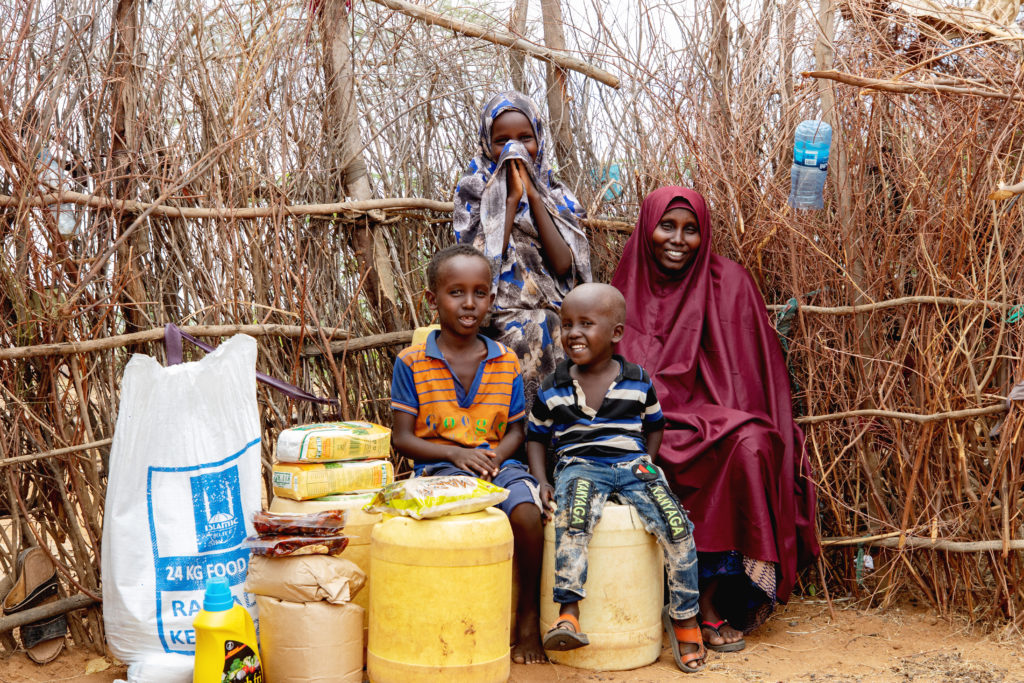
Islamic Relief Kenya received 5,623 Ramadan food packs for this year’s Ramadan project. IRK is implementing the Ramadan project through provision of unconditional cash transfers in Mandera & Nairobi; and 2,300 food packs distribution in Garissa County. Working closely with the county department of Special Programmes and county steering groups in the respective counties, IRK is striving to reach the poorest of the poor among the target communities. A selection criteria to identify the most needy people in the community was developed and a community consultation meeting was held to inform the community members. Islamic Relief and community representatives including the area Chief, Imam, youth, women and special group representatives conducted a joint assessment of the target households. The target right holders including orphaned families, female headed households, persons living with a disability, the elderly, the sick and the poor.
Advocating for hungry bellies
When not on the ground, Islamic Relief USA’s dedicated staff advocates for policies that strengthen or preserve access to quality food. For many working families, the expanded Child Tax Credit that was approved by the U.S. Congress in the spring of 2021 provided much needed resources that helped drive down child poverty, which no doubt comprises hunger. In recent months, though, food banks have seen an uptick in the number of people coming in, as government assistance benefits used to purchase food (including CTC) have expired. IRUSA is encouraging its supporters to make their voices heard and support extending the food assistance policies.
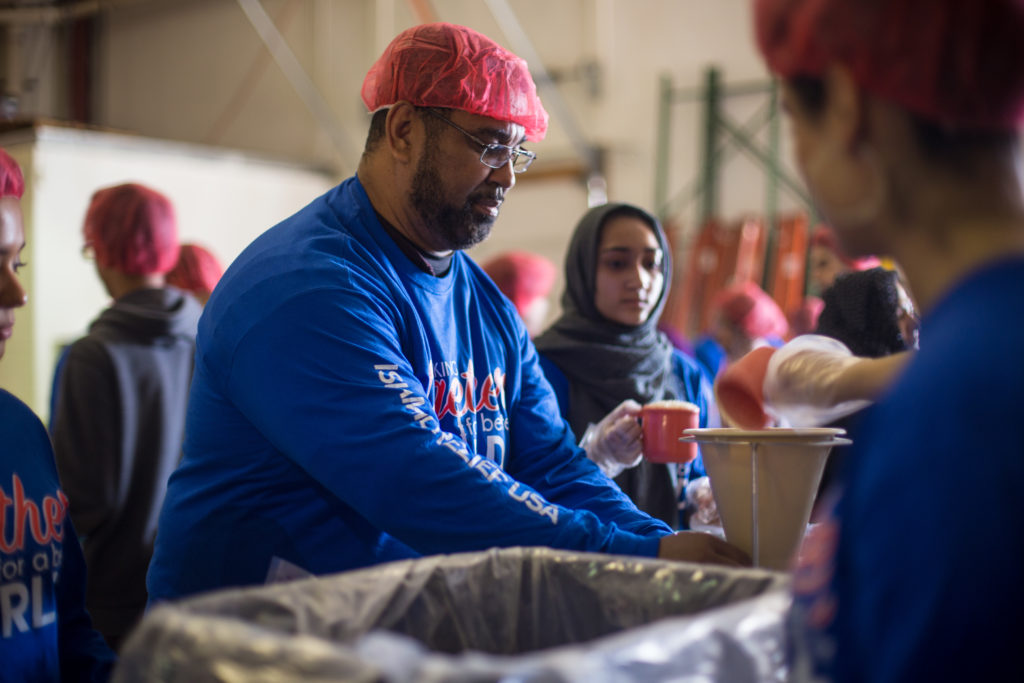
The need for this is urgent, given the struggle continues for many people. Recent data from the U.S. Census Household Pulse survey shows that 35 percent of households with children reported to have struggled making ends meet.
Another factor that’s likely to create greater food insecurity, due to continually escalating food prices, is the war in Ukraine. Long known as the breadbasket of Europe, the war threatens to negatively impact wheat, with the very real possibility of worldwide bread shortages.
This Ramadan, remember to not only develop spiritually, but also to provide for and fight for policies that create greater food access. We’re all counting on each other to fight for this valiant cause.
